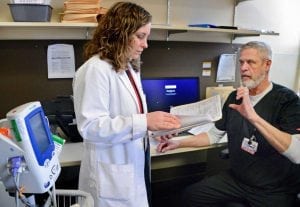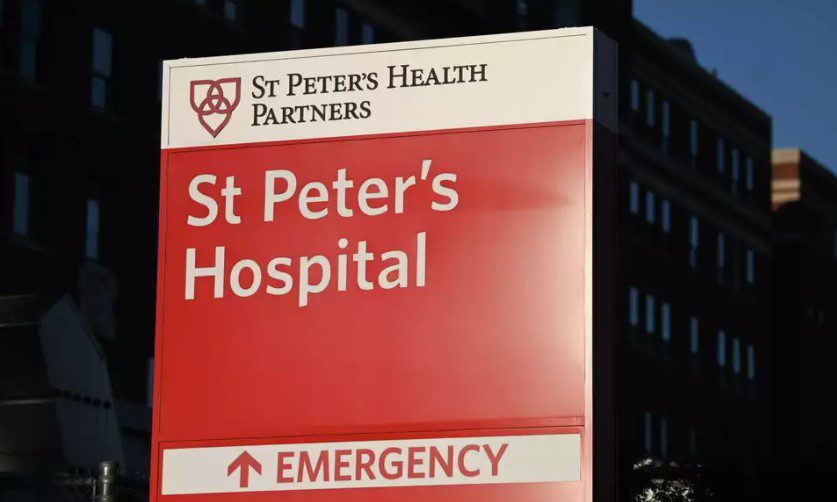The Times Union recently published a new story in its ongoing series dedicated to the growing opioid epidemic in the Capital Region. This story focused on treatment gaps and included data from  a new Siena College Survey of more than 600 professionals in the medical, mental health, social service, nonprofit, and law enforcement fields.
a new Siena College Survey of more than 600 professionals in the medical, mental health, social service, nonprofit, and law enforcement fields.
Dr. Melissa Weimer, chief of behavioral health and addiction medicine for St. Peter’s Health Partners, discussed the clinical aspects of treating opioid use disorder.
“The scary thing about opioids is that once you make it through acute withdrawal, unfortunately there’s a stage called post-acute withdrawal that can actually last six months to a year — particularly if you’re a person who has been using for a very long time,” Weimer said.
The symptoms are mild compared to acute withdrawal, she said, but frequently contribute to relapse.
“It is often felt as kind of a low-lying, constant anxiety,” said Weimer. “So you have this continual sense of anxiety and irritability. If you undergo a major stress or have underlying anxiety or depression to begin with it can be a strong relapse trigger.”
There is medicine to lessen these symptoms, she said. A doctor might prescribe selective serotonin reuptake inhibitors (SSRIs) or non-habit forming clonidine or hydroxyzine.
To view the Times Union article, click HERE.
St. Peter’s Health Partners is proud to be a part of the “Prescription for Progress: United Against Opioid Addiction” coalition, which includes local leaders in health care, media, law enforcement, government, education, and business. The coalition was formed to examine the opioid crisis in our area – how we got here and what it will take to stop more people from dying.
For further details on addiction services at St. Peter’s Health Partners, head to www.sphp.com/opioids.





